
Going about my day this afternoon, an opinion piece in the Los Angeles Times entitled “What Does Olivia de Havilland Have Against Allison Janney?” came to my attention. Following the de Havilland case closely as I have been, there are some things from the article that I would like to address and discuss.
First of all, full disclosure–I am not a lawyer. I have, however, scrutinized the ins and outs of the case, and have read the briefs in detail. I have also familiarized myself with certain precedents in the California legal system that would be either detrimental or favorable to de Havilland’s side.
The author of the piece in question is Jennifer E. Rothman, a respected law professor at the Loyola Law School in Los Angeles, who has written a book entitled The Right of Publicity: Privacy Reimagined for a Public World. The book champions rights held under the First Amendment, as well it should. In this day and age, when the First Amendment is frequently under attack from the highest officeholders in our government, recognition of our rights is more important than ever. I thank Ms. Rothman for her very timely and important work on the subject of First Amendment rights and how they relate to intellectual property law.
Constitutional rights are not absolutes, and don’t hold in every circumstance. The court has acknowledged that the Olivia de Havilland suit is indeed a First Amendment issue, but when FX filed an anti-SLAPP motion (to have the case thrown out as frivolous), the court found that de Havilland’s side had enough merit to potentially override FX’s First Amendment protections. In her article, Rothman referred to the “transformative” test in California courts, which says that a work must significantly transcend literal depictions of a person to ensure that the work is artistic and not an imitation. If they meet the transformative test, they are protected by the First Amendment. Because, to give one example, Feud copied de Havilland’s exact outfit when she presented at the Academy Awards, the lower court has ruled that the transformative test does not apply.
Rothman references Allison Janney in I, Tonya, opening the article with “If two-time Academy Award-winning actress Olivia de Havilland had her way, Allison Janney would not win an Oscar on Sunday night for her portrayal of Tonya Harding’s mother in I, Tonya.” However, I see some key differences between Janney’s portrayal and this case. I, Tonya includes a disclaimer at the beginning and makes clear that the interviews depicted are actual interviews. They are recreated throughout, word for word. It’s reality–or at least it’s someone’s interpretation of reality. It is clear where the interviews end and the dramatic interpretations begin. Feud created an interview with de Havilland that did not exist, and did not make it clear that it was not based in reality. The series does not make a distinction between what is reality and what is not. If someone were to be unfamiliar with Olivia de Havilland and watch Feud, that person might think that de Havilland actually filmed that interview, gossiped about others and called her sister a “bitch” (the vulgar way that Feud had her talk is one of the bases for the suit). I myself wondered if the interview invented by Feud was simply one I had somehow missed. I, Tonya differentiates between the dramatic and the real. Feud doesn’t.
I would like to touch, also, on two cases that Rothman cites in the article–Zacchini v. Scripps-Howard Broadcasting Co. (one in which a human cannonball performer sued for his act being broadcast on TV) and Sarver v. Chartier (the “Hurt Locker” case). Zacchini won his suit in the Supreme Court, and though Rothman says that was an unusual case that lower courts have struggled with, the wording in that decision is relevant to the de Havilland case: that it upholds “the right of publicity in a variety of contexts where the defendant appropriates the economic value that the plaintiff has built in an identity or performance.” This is exactly what de Havilland alleges Feud did. From the original suit:

Sarver v. Chartier attempted to use the Zacchini case to uphold their argument, but the court threw out the case because he did not benefit financially from his own image in the same way that Zacchini did–and in the way Olivia de Havilland does. The Sarver case shows us that the court does indeed see a difference between an image having economic value for the individual, and not. Going back to I, Tonya, Tonya Harding’s mother does not intrinsically derive economic value from her image. Olivia de Havilland, as an actress and a public figure, depends on it.
We will see what happens at the appellate court on March 20, and it will surely be fascinating to watch. Thanks for reading!

#odehvfx



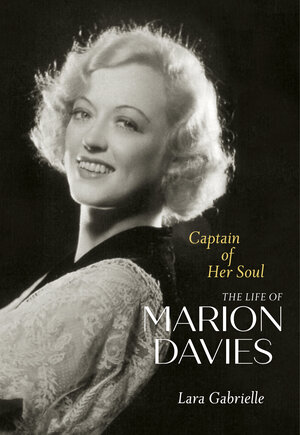


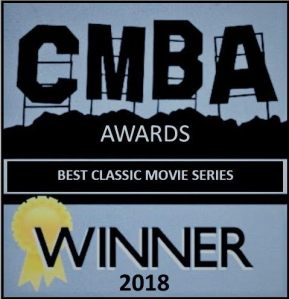



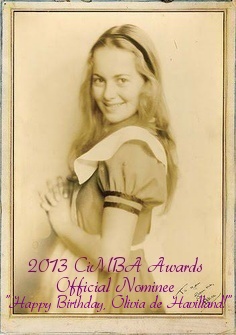









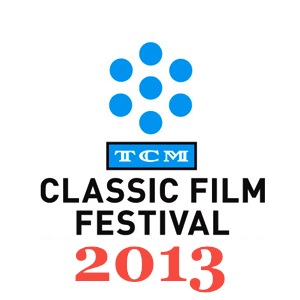



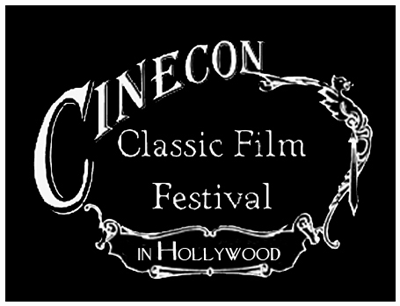




_03.jpg)
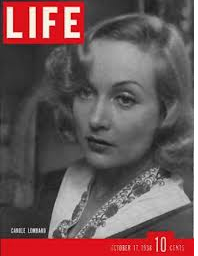

I appreciate you passion, dedication and intelligence more and more. Thanks, Marty
Thank you, Marty! I miss you both.
Very interesting. Your explanation of the intricacies of the suit makes the outcome of more interest to me.
Wow. Thanks so much for writing this. 🙂
Thank you, it is a fascinating case, isn’t it?
My pleasure, thank you for reading!
Excellent analysis of the depiction of a relevant and an irrelevant, unsubstantiated case in relation to Olivia de Havilland’s groundbreaking litigation. Olivia would be proud.
I’m thrilled to hear that part of the reason for Olivia’s suit is the vulgar language in Feud. It’s the same reason I couldn’t take more than 20 minutes of the series. Now I’m sure people – even glamourous starlets – used 4-letter words on occasion back in the day. Most likely in private. And not with quite the same coarse brio they’re tossed off today. A lot of people had a little more class back then. And it irritates me when modern treatments of history try to update stuff by making it “edgier”. Not all of us moderns enjoy it. Hope she wins.
Yeah, it’s a turnoff to me, too, when they use that language inaccurately. There were some stars that rattled off 4-letter words like commas (Tallulah Bankhead, Carole Lombard), and when they’re being depicted, that’s necessary. But not with Olivia. It’s just shock value.
Thank you, Christy! I hope Olivia would be proud ❤️
Thank you for this interesting article. I hope Olivia wins this case!
I hate the clickbait title on the LA Times article, maybe i’m over-sensitive, but it’s written as if de Havilland personally criticized Janney.
I hated it, too!
Keep up the great work!
Thank you!
http://www.latimes.com/opinion/readersreact/la-ol-le-olivia-de-havilland-feud-lawsuit-20180309-story.html
http://www.latimes.com/opinion/readersreact/la-ol-le-olivia-de-havilland-feud-lawsuit-20180309-story.html
Yes indeed, I have seen that and I thought it was a brilliant response.